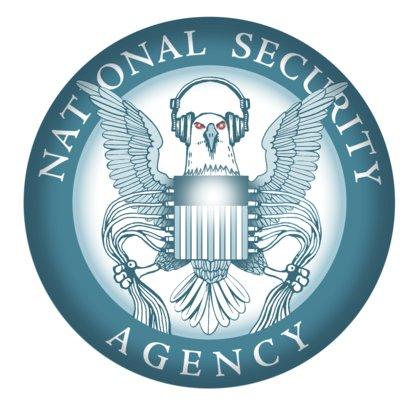Bush and his supporters argue that in matters of national security, Bush is legally allowed to bypass the courts as Commander-in-Chief.
The problem is, this argument has been made before, and the Supreme Court (the final arbiter of what the law is) rejected that argument.
I want to quote from United States v. Keith, a 1972 Supreme Court case. Keith involved a prosecution for conspiracy to blow-up a CIA office. The President argued that in order “to gather intelligence information” that was “necessary to protect the nation from attempts . . . to attack and subvert the existing structure of the Government,” it was constitutionally entitled to engage in electronic surveillance of American citizens without complying with the requirements of the Fourth Amendment. In Keith, the Supreme Court unanimously and unequivocally held that, even in national security investigations, the President had no constitutional authority to conduct electronic surveillance of American citizens on American soil without a judicially issued search warrant based on a finding of probable cause.
Here are some bullet points, courtesy of Geoffrey Stone. You don’t need a law degree to understand this — this is plain English:
• The President has a fundamental responsibility and power “to protect our Government against those who would subvert or overthrow it by unlawful means. . . . In the discharge of this duty, the President . . . may find it necessary to employ electronic surveillance to obtain intelligence information on the plans of those who plot unlawful acts against the Government.”
• But “the broad and unsuspected governmental incursions into conversational privacy which electronic surveillance entails necessitate the application of Fourth Amendment safeguards. . . . History abundantly documents the tendency of Government – however benevolent and benign its motives – to view with suspicion those who most fervently dispute its policies. Fourth Amendment protections become the more necessary when the targets of official surveillance may be those suspected of unorthodoxy in their political beliefs. The danger to political dissent is acute where the Government attempts to act under so vague a concept as the power to protect ‘[national] security.’”
• “These Fourth Amendment freedoms cannot properly be guaranteed if [national] security surveillances may be conducted solely within the discretion of the Executive Branch. The Fourth Amendment does not contemplate the executive officers of Government as neutral and disinterested magistrates. [Those] charged with [the] investigative and prosecutorial duty should not be the sole judges of when to utilize constitutionally sensitive means in pursuing their tasks. . . . The Fourth Amendment contemplates a prior judicial judgment, not the risk that executive discretion may be reasonably exercised. This judicial role accords with our basic constitutional doctrine that individual freedoms will best be preserved through a separation of powers and division of functions among the different branches and levels of Government.,”
• “The Government argues that the special circumstances applicable to [national] security surveillances necessitate [an] exception to the warrant requirement. It is urged that the requirement of prior judicial review would obstruct the President in the discharge of his constitutional duty to protect domestic security. . . . The Government . . . insists that courts ‘as a practical matter would have neither the knowledge nor the techniques necessary to determine whether there was probable cause to believe that surveillance was necessary to protect national security.’ [Moreover,] the Government believes that disclosure to a magistrate of all or even a significant portion of the information involved in domestic security surveillances ‘would create serious potential dangers to the national security and . . . would create a greater danger of leaks.’”
• “These contentions . . . merit the most careful consideration. We certainly do not reject them lightly, especially at a time of worldwide ferment and when civil disorders in this country are more prevalent than in the less turbulent periods of our history. . . . But we do not think a case has been made for the requested departure from Fourth Amendment standards. . . . . We cannot accept the Government’s argument that [national] security matters are too subtle and complex for judicial evaluation. . . . .Nor do we believe prior judicial approval will fracture the secrecy essential to official intelligence gathering. . . . Although some added burden will be imposed upon the Attorney General, this inconvenience is justified in a free society to protect constitutional values.”
Now, it should be noted that Keith applies to domestic wiretaps of domestic communications, rather than domestic wiretaps of (alleged) foreign communications (the current situation, according to Bush).
However, I believe that is a distinction without a difference. I’m not saying that al Qaeda members calling the U.S. are entitled to Fourth Amendment protections, but certainly the recipients of those calls — especially if they are U.S. citizens entitled to protection of the Constitution — are.
In any event, Bush like his supporters continually avoid THE QUESTION: If these are bonfide wiretaps of known or suspected AQ terrorists which would assist in our fight in the War On Terror, why did Bush avoid the FISA court, who surely would have approved of the taps?!? This story is going into its third week, and I have yet to hear an answer from the punditry or the Executive.

